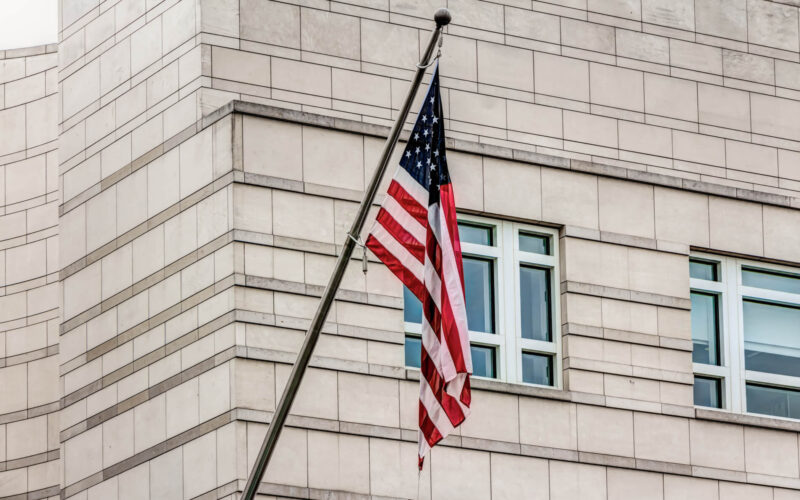Accusing the European Union of levying too many taxes on U.S. products as part of the ongoing dispute between Boeing and Airbus, the Trump administration announced a new set of tariffs would be imposed on European goods.
In a trade war that began almost two decades ago, the United States had been authorized by the World Trade Organization (WTO) to impose tariffs on $7.5 billion of imports from the European Union because of unfair subsidies granted to Airbus in October 2020. A month later, the European Commission was also given the rights to introduce its own counter-measures.
However, that last development displeased the U.S. administration, which considers that the parameters chosen by the EU to calculate these punitive taxes were unfair. “The EU used trade data from a period in which trade volumes had been drastically reduced due to the horrific effects on the global economy from the COVID-19 virus,” argued the United States Trade Representative (USTR). “The result of this choice was that Europe imposed tariffs on substantially more products than would have been covered if it had utilized a normal period.”
Thus, the USTR announced it would change its reference period to align with that used by the European Union. The products subject to additional tariffs include aircraft manufacturing parts from France and Germany, adding to those already imposed since 2019 on imports such as wine, cheese, olive oil, or whiskey, as well as a 25% tax on Airbus planes.
Since 2004, the United States and the European Union have been accusing each other of providing illegal public aid to their respective aircraft manufacturers, Boeing and Airbus. The WTO has ruled that both manufacturers have been receiving unfair subsidies. The EU was found to have unfairly supported the development of two Airbus programs, the late A380, and the A350. As for Boeing, the manufacturer received unjustified tax breaks from the U.S. authorities. Both parties estimate that subsidies harmed their business by more than $10 billion per year.

